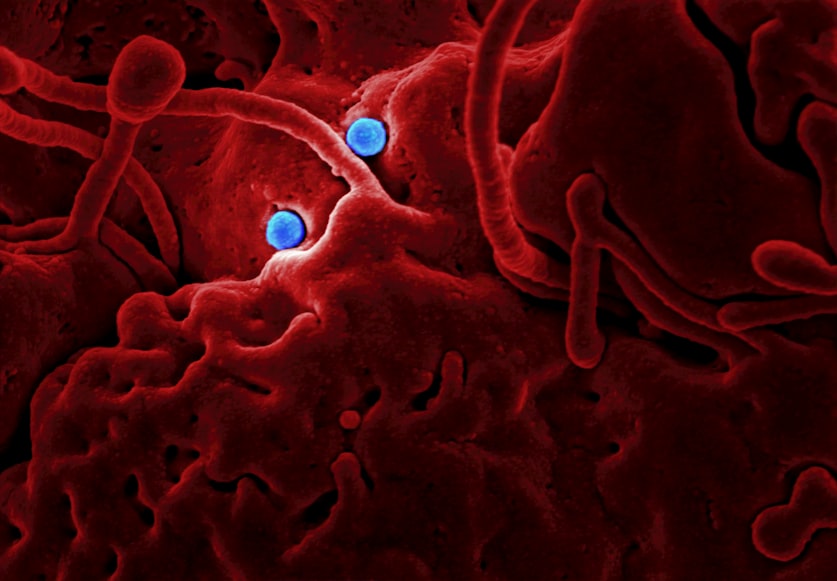Molecular Biology is an interdisciplinary field of science that studies the structure and function of molecules in living organisms. It combines the disciplines of biochemistry, genetics, and cell biology to understand how living organisms work at a molecular level.
Molecular Biology has revolutionized our understanding of life and has had a profound impact on our lives. From DNA sequencing to gene expression, it has enabled us to better diagnose diseases, develop new therapies, create new crops with improved yields, and even clone animals. With its wide range of applications, Molecular Biology will continue to have far-reaching implications for our future.
Molecular Biology in Diagnosing & Treating Diseases
Molecular biology has revolutionized the way we diagnose and treat diseases. Using molecular diagnostics, genetic testing, and personalized medicine has enabled us to identify diseases at an early stage and develop more effective treatments.
These are all powerful tools advances in molecular biology have made that possible.
These tools help us better understand how diseases work at a molecular level, allowing us to develop more effective treatments. By understanding the underlying genetic mechanisms of a disease, we can provide personalized care that is tailored to each patient’s unique needs. This has opened up new possibilities for treating even the most complex diseases with greater accuracy than ever before.
With the advancement in gene therapy, we can now target specific genes that cause certain diseases. This has helped us to develop treatments that are tailored to individual patients’ needs. Molecular biology is thus becoming increasingly important in medicine as it helps us to diagnose and treat diseases with greater accuracy and efficiency.
Molecular Biology’s Role in Developing New Drugs & Treatments
Molecular biology plays an important role in the development of new drugs and treatments. By understanding the molecular structure of diseases, scientists can develop drugs that target specific molecules, leading to more effective treatments.
This has revolutionized the drug discovery process, as well as the drug development process and clinical trials. With molecular biology, researchers can now identify more precise targets and design drugs that are more selective and effective. This has enabled them to develop new treatments faster and with fewer side effects.
Revolutionizing Agriculture & Food Production
The application of molecular biology in agriculture and food production is revolutionizing the way we grow and consume food. Through genetic engineering, scientists can modify plants and animals to produce higher yields, and resist pests, diseases, and harsh climates.
As a result, farmers can grow more food with fewer resources while also producing healthier products. The development of GMO crops has enabled us to feed more people with less land and water. Molecular biology is transforming the way we think about agricultural production and consumption.
Role in Environmental Conservation & Sustainability
Molecular biology can play a major role in environmental conservation and sustainability. Through bioremediation, scientists can use living organisms to break down and remove pollutants from the environment. This process can clean up contaminated soil, water, and air.
Scientists are researching ways to develop biofuels which are renewable energy sources an can replace fossil fuels in the future. These technologies have the potential to reduce our reliance on finite resources like oil and natural gas while also reducing greenhouse gas emissions. Sustainable solutions to environmental problems can be harnessed by using molecular biology, we can create that will help us protect our planet for future generations.
Conclusion:
Molecular biology is becoming a more and more important part of our lives today. It has the potential to revolutionize the way we understand, diagnose, and treat diseases, as well as to create new sources of energy and food.
With its ability to manipulate molecules at the atomic level, molecular biology has already had a major impact on our lives in areas such as medicine, agriculture, biotechnology, and energy production.
As technology continues to improve and our understanding of molecular biology grows deeper, its importance will only increase in the coming years.




Post a Comment